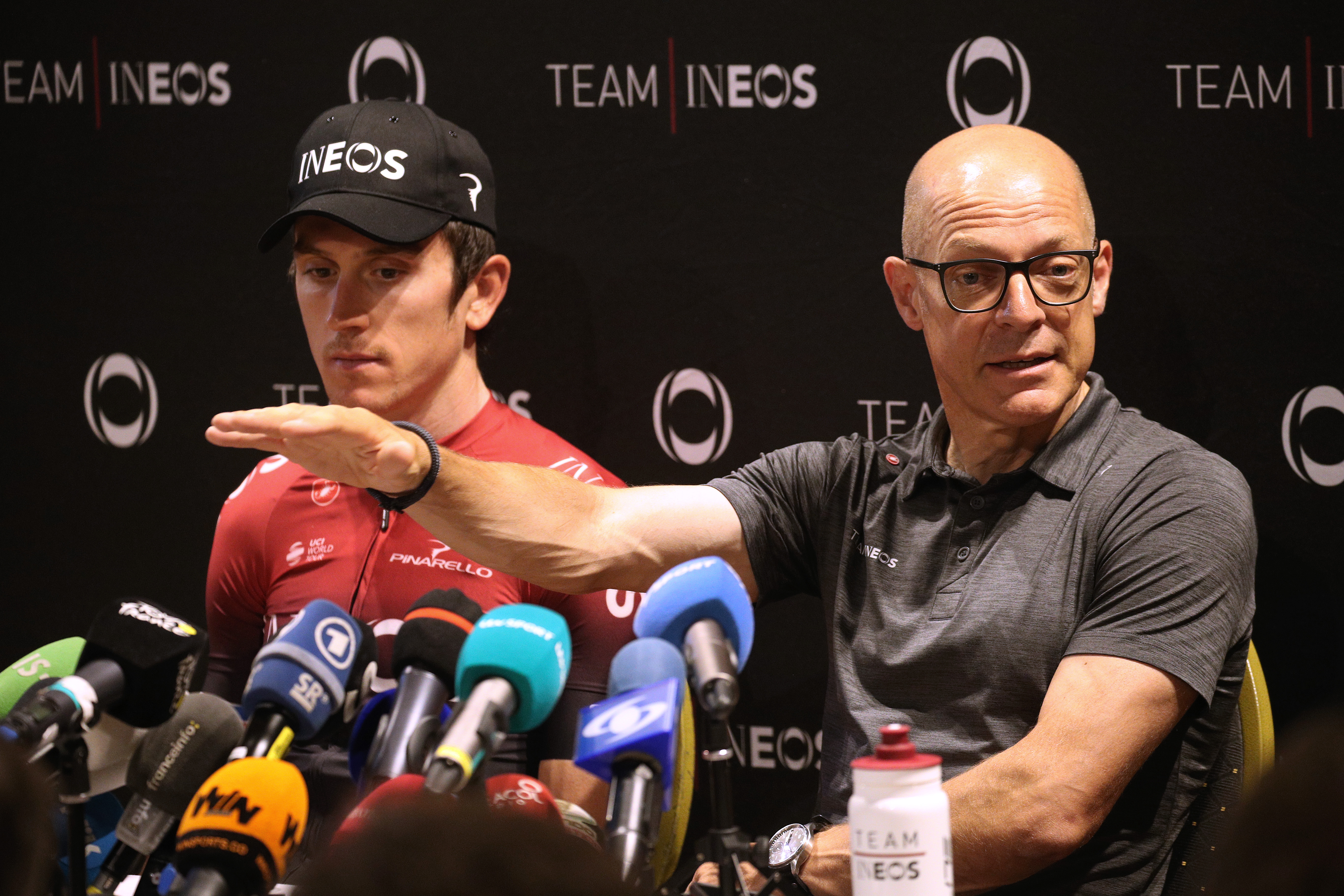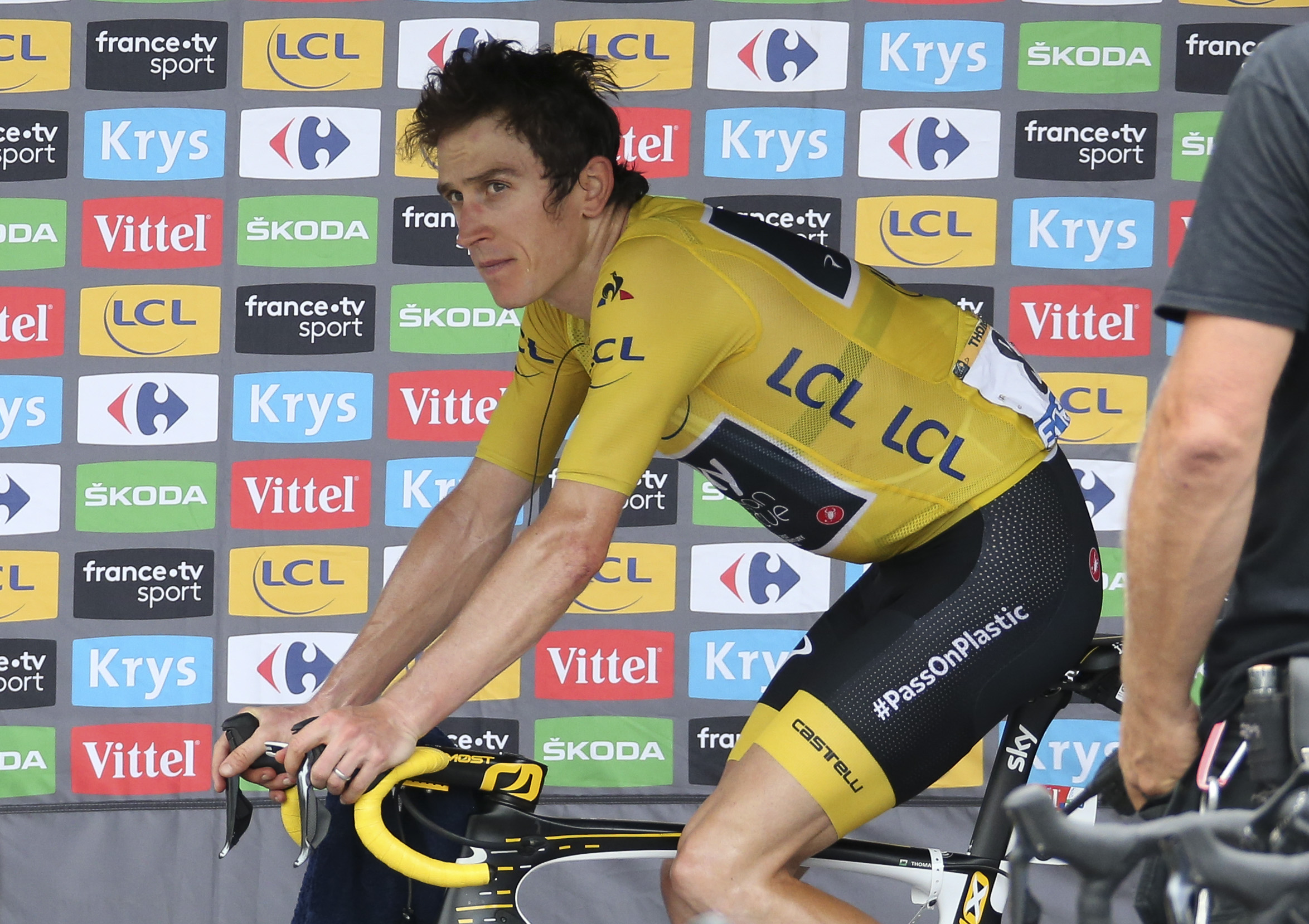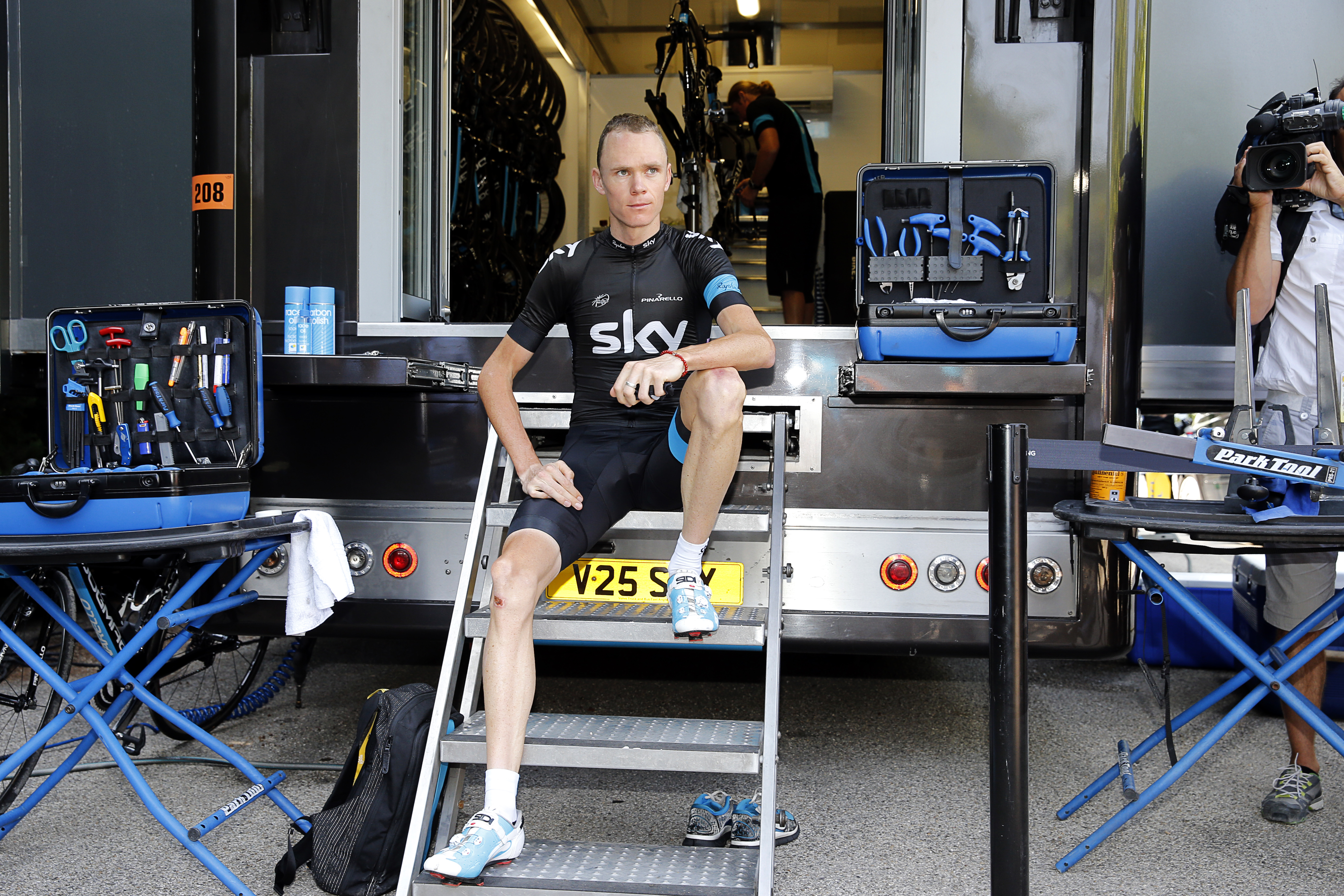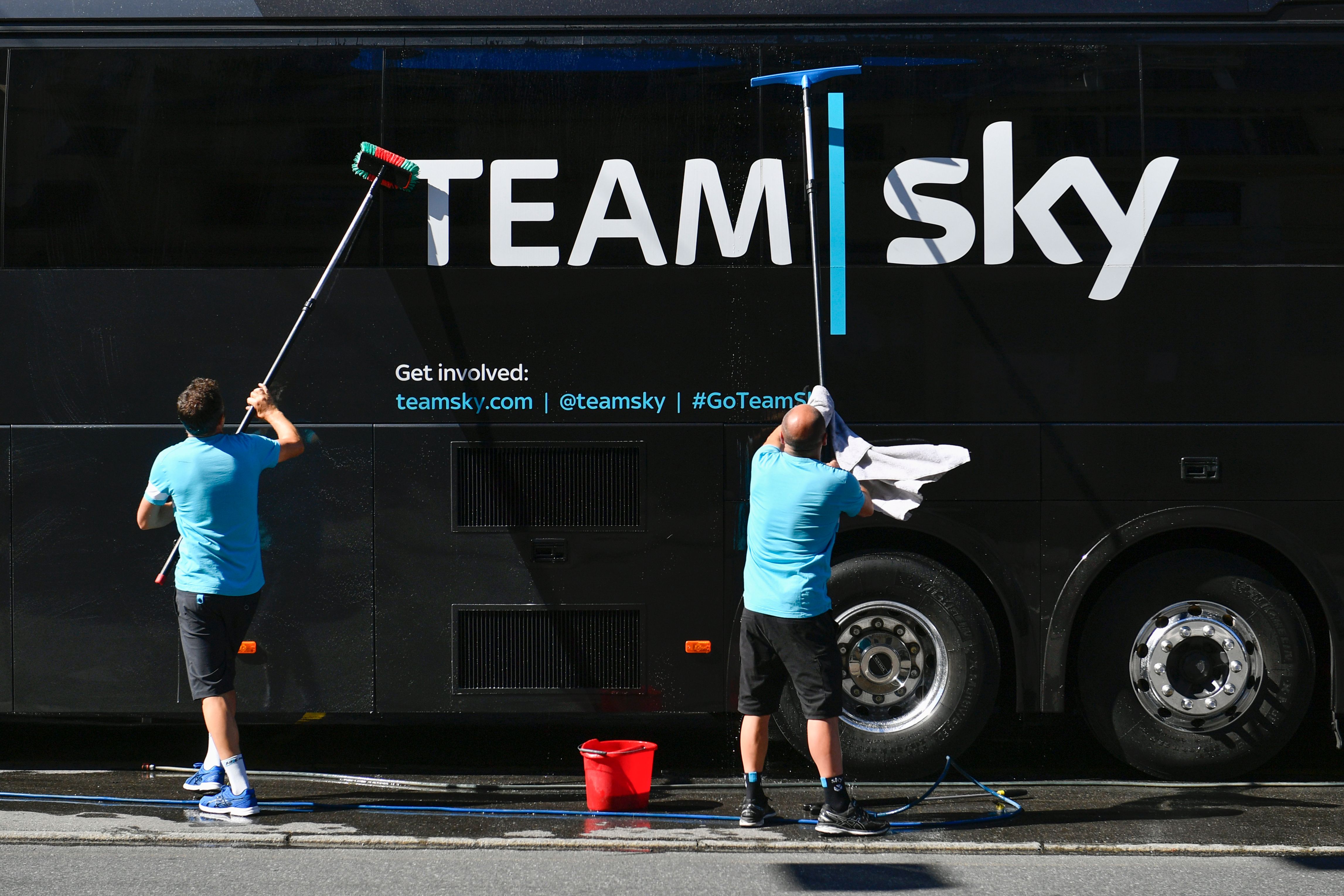
Sir David Brailsford may be stepping down from his team principal role at Ineos Grenadiers, but his presence is one that will long be felt at the British team.
He was, after all, the founder back in 2009 when it began as Team Sky, and was key in its early Tour de France successes.
Brailsford was perhaps best known for his innovative approach to running a top-tier team. This included bringing in staff from outside of cycling to provide a fresh look at things – and of course 'marginal gains'.
It's a phrase that Brailsford has been asked about so many times he must dread the question. Fifteen years ago, 'aggregation of marginal gains' would have sounded like technobabble and meant little to most people. These days the phrase is so well used that few of us aren't well versed in the theory – that tiny improvements in a number of areas can add up to one significant step forward.
Not everyone has been totally convinced – notably Sir Bradley Wiggins, who rode to Tour de France victory with the team in 2012 and called the marginal gains strategy "a load of rubbish" after he retired, insisting it was all about hard work and talent.
But what exactly were those tiny improvements? Here are a selection of Team Sky's most lauded marginal gains.
Saddle up (again)

Traditionally, when a rider crosses the finish line they might do a bit of media, and then hit the bus in anticipation of a comfy hotel and a massage. So when Brailsford's boys were seen to mount up again straight away to bash out a further solid 20 or so minutes on a trainer, the initial reaction of those around them was along the lines of 'more Team Sky nonsense' and a shake of the head.
It was a product of Brailsford's cross-sport thinking – staff brought in from other realms were astonished that a top-level cycling team would not kick off the recovery process with a proper warm-down, and thus it was introduced.
It has turned out to be one of the team's most visibly enduring moves too, and is widely copied at the top level.
And so to bed
Perhaps one of the most referenced MGs. From the very beginning the team would take its own bedding everywhere it went – that's pillows, duvets and mattresses – to ensure nobody endured a poor night's sleep at the hands of a dodgy bed.
With sleep key to physical performance, the thinking behind this one makes good sense, despite the considerable effort involved in installing and removing eight mattresses in a new hotel every race.
Flawless floors

Ensuring that every trace of dust is removed from the workshop floor seems like a marginal gain of a marginal gain when translated to actual on-bike results, but it's a good example of how the whole strategy works.
When Brailsford had the floors of the mechanics' truck painted white to make dirt easier to spot and clean, he was under no illusion that it would win a race on its own. But it stands to reason a dust-free chain runs better than one that isn't, right?
Handgels and knuckles
Nothing can derail stage race performance quite like a mid-race virus. That's why Brailsford and co introduced bottles of hand sanitiser for the riders to make use of, enduring the risk of passing on a bug was reduced to a minimum.
And what about all those many hotel elevator buttons that riders and staff are required to press during the course of a race (they're definitely not taking the stairs, after all)? That's what knuckles are for – which are less likely to transfer germs through eyes, nose and mouth.
Relaxation on the Death Star

If you're going to be spending long hours crossing continents in a bus, it needs to be comfortable for top physical – and mental – performance. Brailsford went to town on this theory, creating a bus that was far more cosseting than its 'Death Star' nickname might suggest.
Right from the outset, its leather seats, designed for comfort, boasted charging docks. It has the obligatory showers, plus drinks chiller, Sky TV for easy race reviewing.
Back in 2010 Brailsford told Cycling Weekly: "There was a big transfer the other day [from Tuscany to Umbria], we stopped at the services and nobody got off! Incredible! That was the biggest plus the team bus could get."
If the cap fits...
How many documented examples there are of a rider losing out due to being given the wrong bottle we couldn't say. But there's no denying that if someone is given a bottle of water instead of carbs towards the end of a long, hard stage, it could make the difference between winning and being dropped.
As you will no doubt have surmised, Team Sky were taking no such risks, colour-coding their bidon caps. Blue for water, white for carbs. Simple, and easy to decipher in a hurry.







